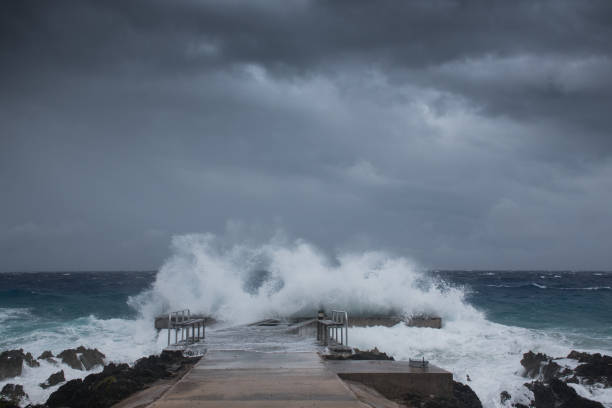Preparing for Tropical Storms and Hurricanes
With hurricane season upon us, it’s crucial for propane businesses to prepare for the potential impact of tropical storms and hurricanes. The National Propane Gas Association (NPGA) has released important information to help propane companies stay safe and ensure continued operations during these severe weather events. Here’s a summary of key recommendations and best practices… Continue reading Preparing for Tropical Storms and Hurricanes

